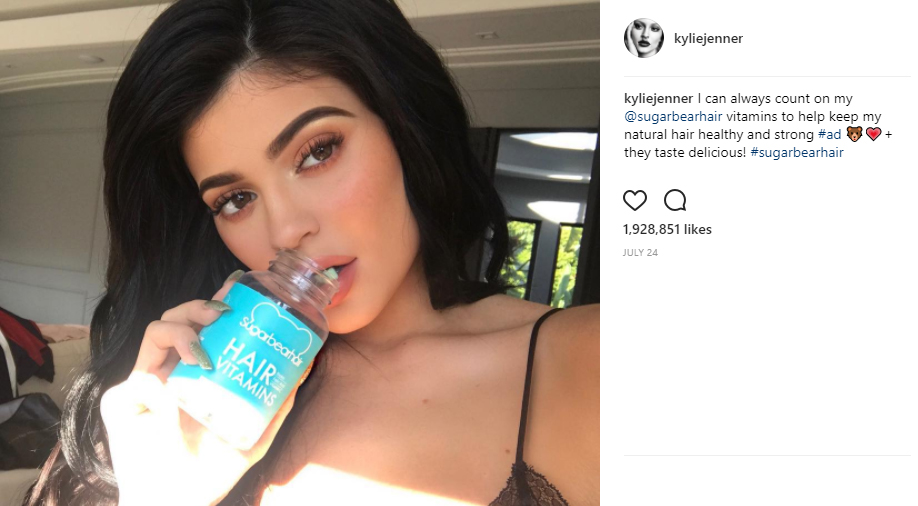The rise of influencer marketing

Written by Zoe Poxon
Influencer marketing is all the rage among brands and PR professionals. In a recent study, which elicited responses from marketers across a range of industries, 86% used influencer marketing in 2016, 94% of whom found it effective. It’s a new tactic and there’s still mystery surrounding it. So, what exactly is it – and should you be doing it?
Here’s how it could help your business.
What is influencer marketing?
Influencers are specialists, or celebrities, that have built and retained trust and two-way communication with their followers. Influencer marketing taps into this already established and engaged audience to promote a product or service. Usually, the best campaigns are those where the influencer creates their own unique content to support the brand and its goals.
From health and fitness to stock marketing, social media is swamped with influencers that we try to emulate. And they’re so easy to find – there’s no need to search beyond the standard social media channels. If you need to, they’re probably not worth following.
Is it worth your time?
For this haircare company, one selfie post from Kylie Jenner enabled the brand to reach her 96.7M Instagram followers, generating more than 1.9M engagements:

This comms trick doesn’t just work on the A-list celebrity scales. If you’ve got interesting and relevant content, it’s worth taking the time to find the right influencers to get your story in front of your audience.
Whilst there is some debate over how to measure the success of influencer campaigns, they can have a higher ROI than traditional media campaigns. Take the Budweiser #GiveADamn campaign during the Super Bowl 50. 50 influencer posts across Instagram and Twitter reached 107M people and cost 13x less than Budweiser’s 30 second TV ad (it reached 114M people, at a cost of $5M).
What are the benefits?
There are obvious tangible benefits including follower engagement, driving traffic, and the creation of more authentic content. But let’s not forget that word of mouth recommendations are more important than ever, and social media makes great content essential and relevant.
With the rise of ad blocker usage (and the fast forward button on our TVs), it’s easy to avoid traditional advertising. This, plus the fact that consumers are shifting their attention to digital platforms, makes influencer marketing a very relevant and effective social media strategy.
What does influencer marketing mean for B2B?
It’s unlikely that the Jenners would share our content, but we can relate to other major influencers in our sectors. Martin Lewis has a huge impact in the energy market – all it takes is one mention on This Morning for a company’s sales to rocket. Similarly, a mention from Ashton Kutcher would certainly spark interest in technology. The tech investor has put money into Airbnb, Spotify and Uber, to name a few.
When we generate compelling and engaging content, we might reach out to journalists or thought leaders in our respective sectors to share or put a unique spin on our stories. We might also use Google Hangouts or conduct a poll, which are great ways to gain valuable audience insights. We can then use findings as the basis for creative content, or a broader marketing approach.
How can influencer marketing supercharge your comms?
- Influencers are already talking to your target audience – they have done the ground work by creating an audience (follower base) for you
- They have built credibility and trust – followers will be genuinely interested in what an influencer has to say
- They are everywhere – every industry has influencers, you just need to use the right tools to find them
Traditional PR channels still have high value. But if you’re looking to really amplify your digital comms; engage the influencers that have already won the hearts and minds of the people that would genuinely listen to your message.
To understand how influencers can support your marketing goals, please get in touch.

